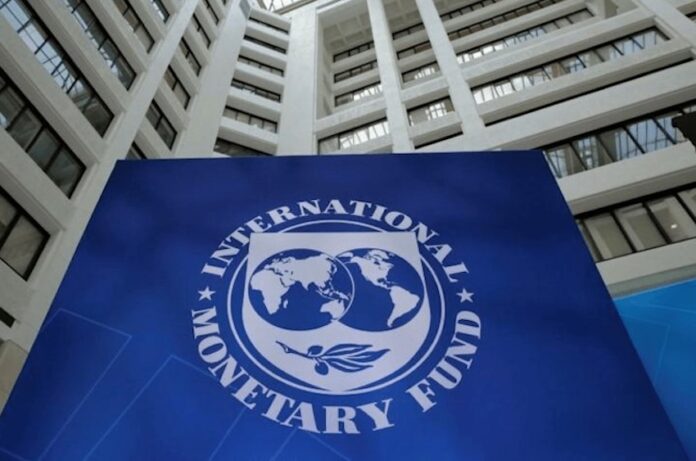The International Monetary Fund (IMF) revised its forecast upward for Mexico’s Gross Domestic Product (GDP) on Friday to 1.0% growth for 2025 and 1.5% in 2026.
Though the new figures still reflect a general slowing, they are an improvement over the 0.3% contraction predicted by the IMF in April and the 1.4% growth in 2024.

The IMF warned that the forecast could change if additional challenges come up, such as fiscal consolidation, a contractionary monetary policy or trade tensions with the United States.
The economic outlook of Latin America’s second-largest economy had yo-yoed in recent months, as U.S. President Donald Trump shuffled plans to introduce tariffs on a range of Mexican goods, spurring greater investor uncertainty across several sectors.
Nevertheless, said the IMF, “Mexico’s record of very strong policies and policy frameworks has also proved to be an important asset as the country navigates the uncertain economic environment.” Growth is expected to accelerate somewhat in 2026, although the effect of tariffs and trade uncertainty will continue to be felt.
The agency said that near-term risks to Mexico’s economic activity are broadly balanced, and stronger-than-expected demand in the U.S. and a resolution to tariff uncertainty helped push the forecast up.
The IMF also noted that if Mexico could achieve a favorable outcome in the coming review of its trade pact with the U.S. and Canada (the USMCA), it could further enhance its economic outlook.
Mexico captured 24% of US import market that China lost between 2018-2024
Headline inflation has improved, and Mexico is expected to achieve the 3% inflation target set by the Bank of Mexico (Banxico) for the second half of 2026.
The Mexican government’s own economic forecast expects growth in 2026 of between 1.8% and 2.8%, with the budget deficit declining slightly to 4.1%, from 4.3% in 2025.
The IMF recommended that Mexico aim for a fiscal deficit of 2.5% by 2027, as well as adopt measures to boost fiscal credibility. The agency said that stronger fiscal and structural measures would help ensure long-term economic stability.
“Further deficit reduction and policy measures are needed going forward to prevent further upward drifts in public debt and create fiscal space to respond to possible shocks,” the IMF said.
With reports from Sin Embargo and Reuters
